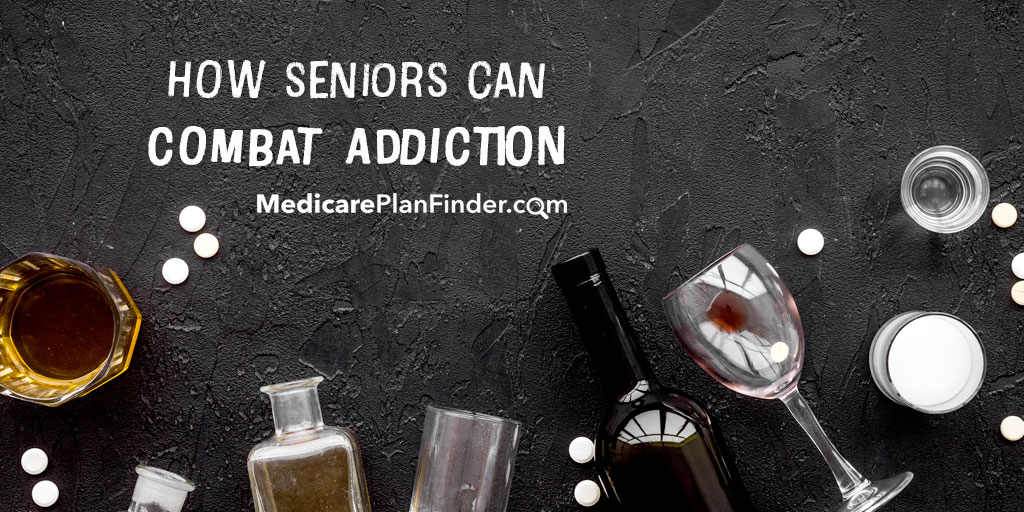
How Seniors Can Combat Addiction
March 1, 2018Are you or a loved one suffering from addiction? It’s actually quite common for seniors to suffer from addiction to drugs or alcohol due to lack of mobility, isolation and loneliness, and depression. Plus, seniors are more likely to have prescriptions for addictive drugs and are more likely to receive prescriptions that they don’t really need and become overmedicated.
The Recovery Process
The recovery process for seniors to combat addiction is not much different than the process for younger adults. There are two steps to every addiction recovery process: physical and psychological. Affected seniors will have to train their bodies to not be dependent on alcohol, drugs, or whatever they’re addicted to, but that starts with psychologically training the mind to not want those items. Most affected individuals will go through a withdrawal period that can bring symptoms like nausea, shakiness, sweating, loss of appetite, and anxiety.
Treatment centers often coach not only the affected senior but also the person’s family members or friends. That way, people can learn how to take care of their loved ones. Group therapy options are also available.
Treatment Coverage
Mental health and addiction treatment is one of the ten required services under the Affordable Care Act. That means that Medicare marketplace plans are required to cover addiction treatment. As long as services come from a provider or facility who participates in Medicare and a doctor states that the services are medically necessary, addiction treatment must be covered.
The Breakdown
Medicare Part A will pay for any hospitalization related to substance abuse and addiction treatment, but out-of-pocket costs (according to your individual plan) will apply. That means that you have to pay any copays or deductibles that you are normally responsible for. However, there is a limit. Medicare will only cover up to 190 days spent in a psychiatric hospital for an entire lifetime.
Medicare Part B will pay for substance abuse and addiction treatment at a doctor’s office or if you are a hospital outpatient. As usual, Medicare will pay 80% and you will be responsible for the other 20%. This coverage includes things like therapy, hospital follow-up visits, and hospital drugs. For other drugs, you will need a Part D or Medicare Advantage plan.
Are you or your loved one covered?
If you or someone you know has a problem with substance abuse or addiction, we can help make sure they have the best coverage possible. Our agents are licensed to sell products from multiple carriers, so we can supply the unbiased care they deserve. Call to set up a no-cost appointment at 1-844-431-1832.


